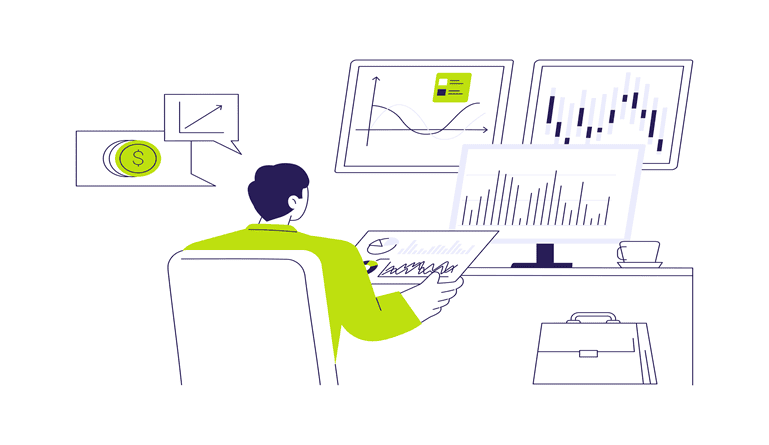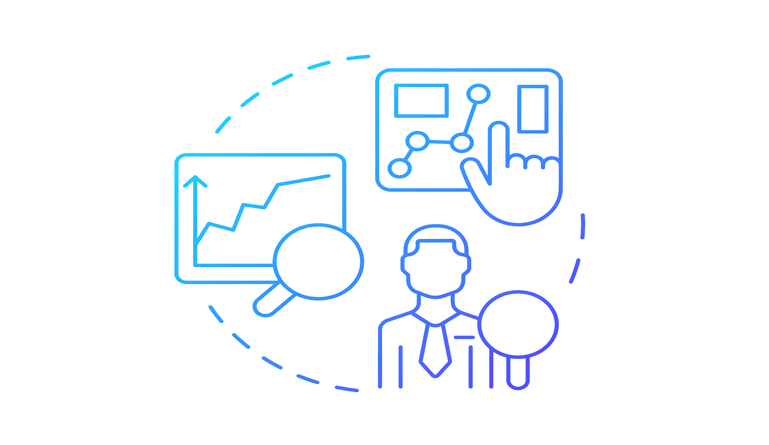CFOs typically deal with the finances in a company, but in our technologically advanced world, there are multiple reasons to be concerned about cyber security.
Keeping your business safe from a cyberattack must be at the very top of the budget priority list, making it an important role for CFOs.
For the most part, the Chief Financial Officer’s main goal is to save the company money. A good CFO can find cost savings in everything from office supplies to personnel. There is, however, one area in which a CFO must be able to see the value in spending that extra dime: cybersecurity. Keeping sensitive information safe from attack must be a top priority for everyone within the company, but the person with the purse strings must give this vitally important budget item some precedence.
CFO’s Role in Preventing a Cyber Attack
Every business, no matter the size, must make cybersecurity a priority. Even if you think you don’t have information that your typical hacker would want, you’re wrong. Consider the databases of personnel information your human resources department has on file. Think about the company credit card purchases that are made online for materials and office supplies. What about when you balance the company checkbook and pull up the bank accounts online. Any decent hacker could easily break through small barriers to access that information. Before you know it, you and your employees could be the victims of cybercrime.
Once someone has wormed their way into your system, they’ve got access to everything. It is as if someone you don’t know now knows all your deepest, darkest secrets and can do whatever they want with them. A cyberattack is potentially the worst kind because it hits them where it hurts the most: their money and security, and it can ruin lives. Take it to the business level, and you’re not only looking at an attack of one person, but now you’re looking at taking a hit to your company’s bottom line as well as risking the security of every person who works there, as well as your customer’s, and any company’s you work closely with, including your suppliers.
The CFO’s role in preventing a cyberattack is an important one. You must have a plan in place to keep all sensitive information under lock and key. Keeping your company’s information safe is keeping the company safe overall. The loss of that information could mean the end of your business. As CFO, you must understand the importance of finding ways to prevent cyberattacks and know which cybersecurity questions to ask to do so.
Network Security Questions and Answers
- Does my company have a network security plan in place?
- Whose role is it to keep the company safe from cyberattacks?
- What is cybersecurity, and how can my company implement a cybersecurity plan?
- What security measures to protect data does my company already have in place?
- What security measures to protect data SHOULD my company have in place?
These are the five main questions a CFO must ask. The answers to these questions should be as follows.
- If the company doesn’t currently have a network security plan in place, it’s vitally important that one is implemented ASAP. Even a second without proper security allows the possibility of exposure to a cyberattack.
- It’s everyone’s role to keep the company safe from cyberattacks, but the two most important people in this equation are the CIO and the CFO. There should be someone in charge of IT and cybersecurity, and there must be the funds to keep a network security plan in place.
- Cybersecurity is using security measures to protect data. Implementing a cybersecurity plan starts with being proactive. Consult a cybersecurity professional to assess your current situation and offer you cost-effective solutions for your network security needs.
- If you, as the CFO, are unaware of any security measures within your company, then you may not have any, leaving your business prone to cyberattacks.
- A cybersecurity professional can do an in-depth analysis of what your business needs to do to reduce and continuously assess the possibilities of cybersecurity risks.
The worst thing you can do is nothing. As the CFO of your company, you know the value of the almighty dollar. Can you also see the value and importance of the CFO’s role in preventing a cyberattack?




